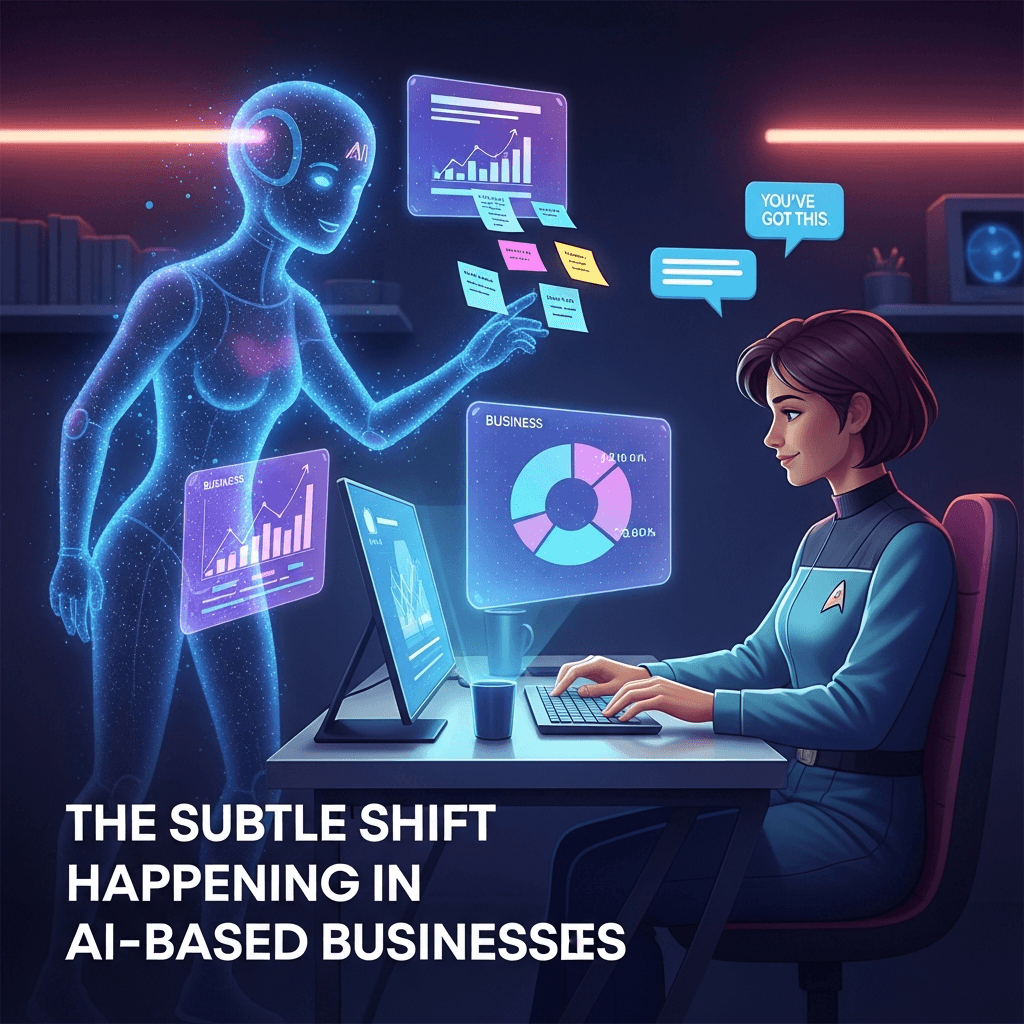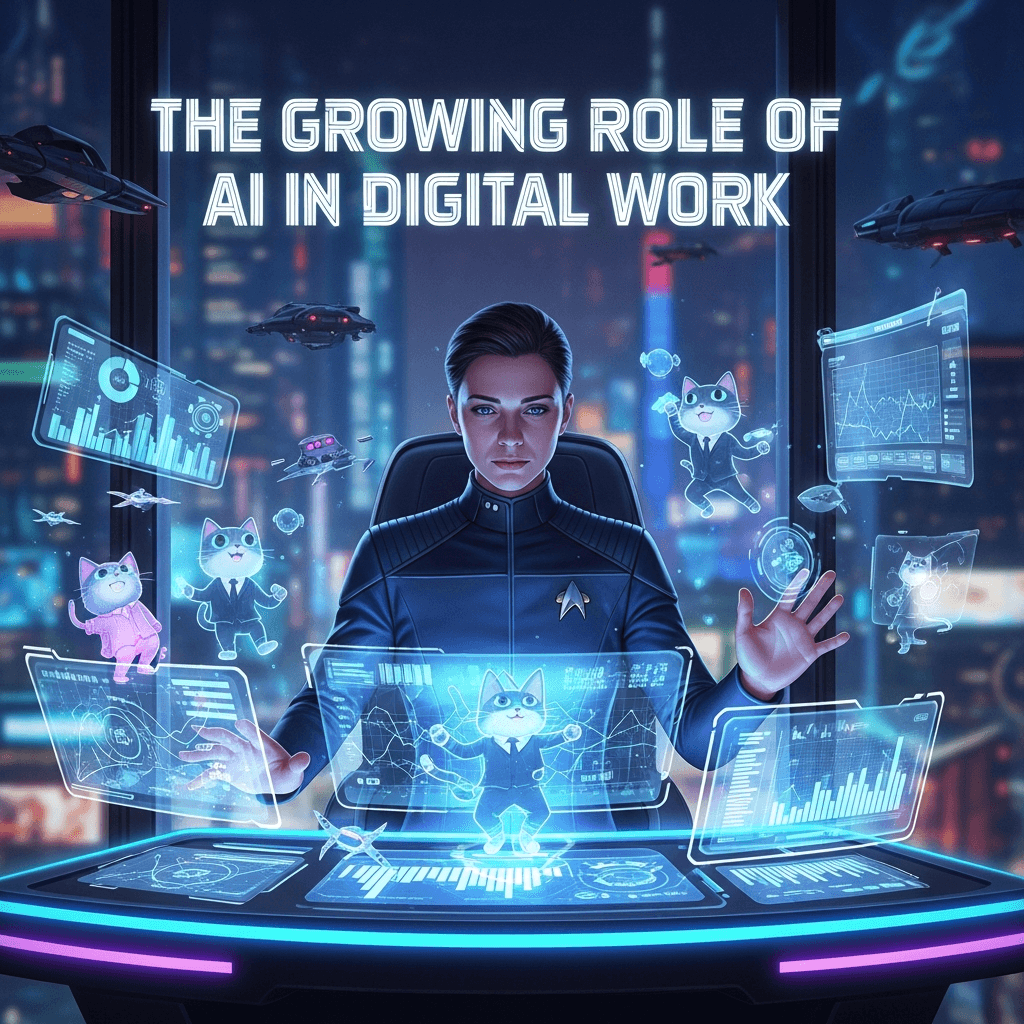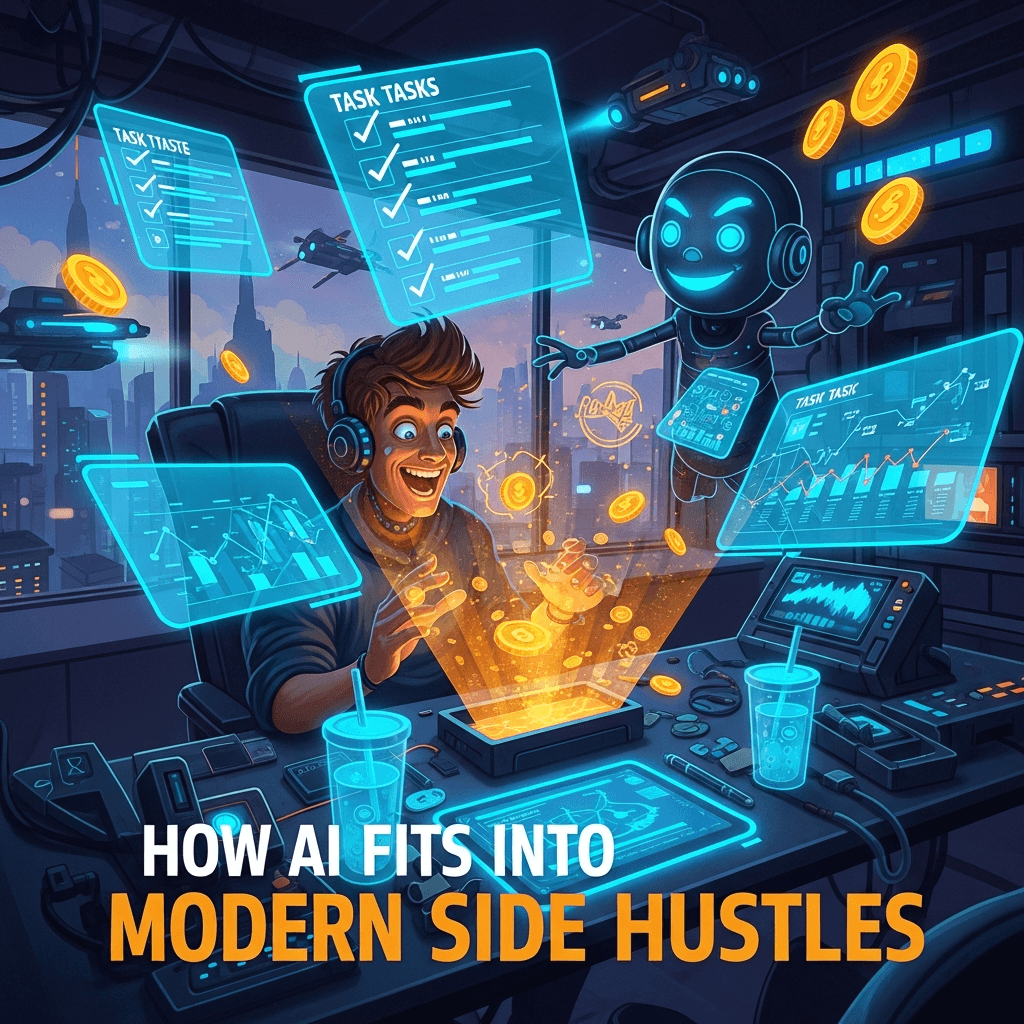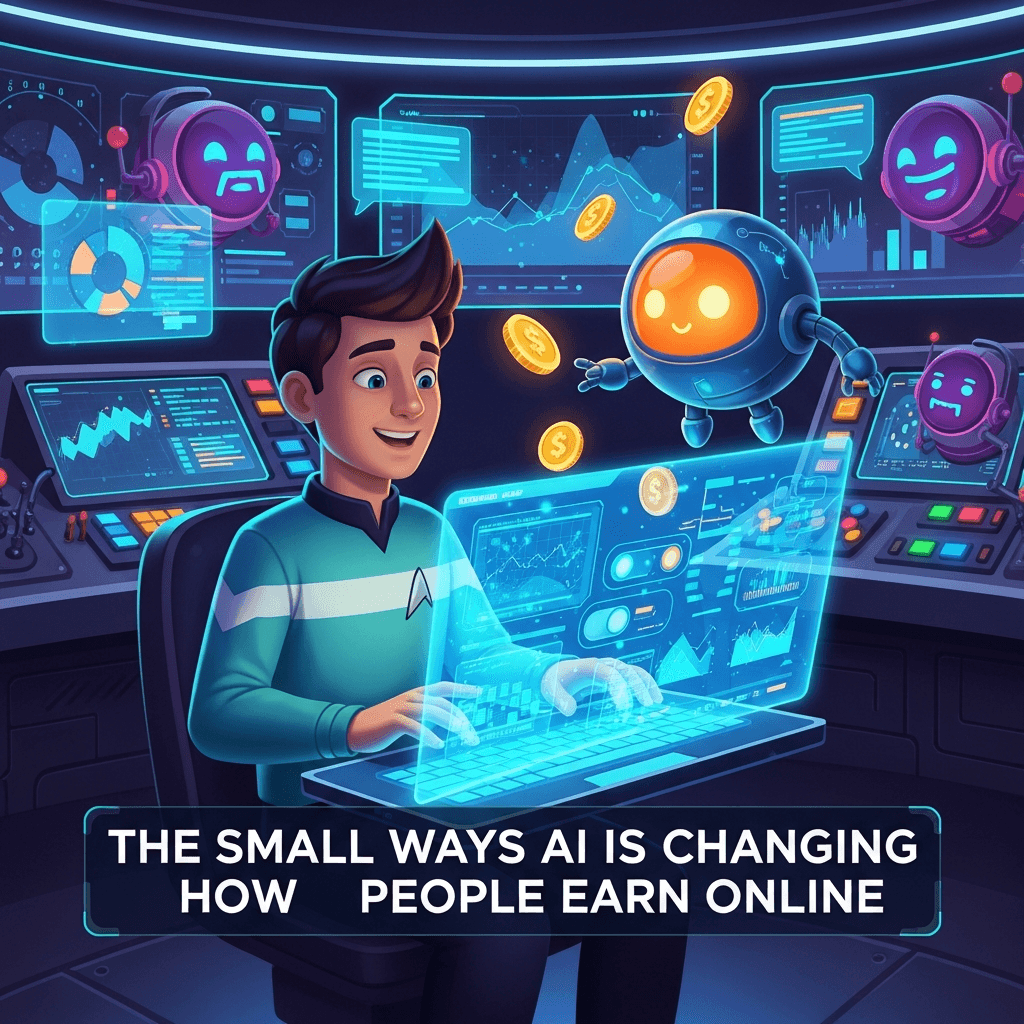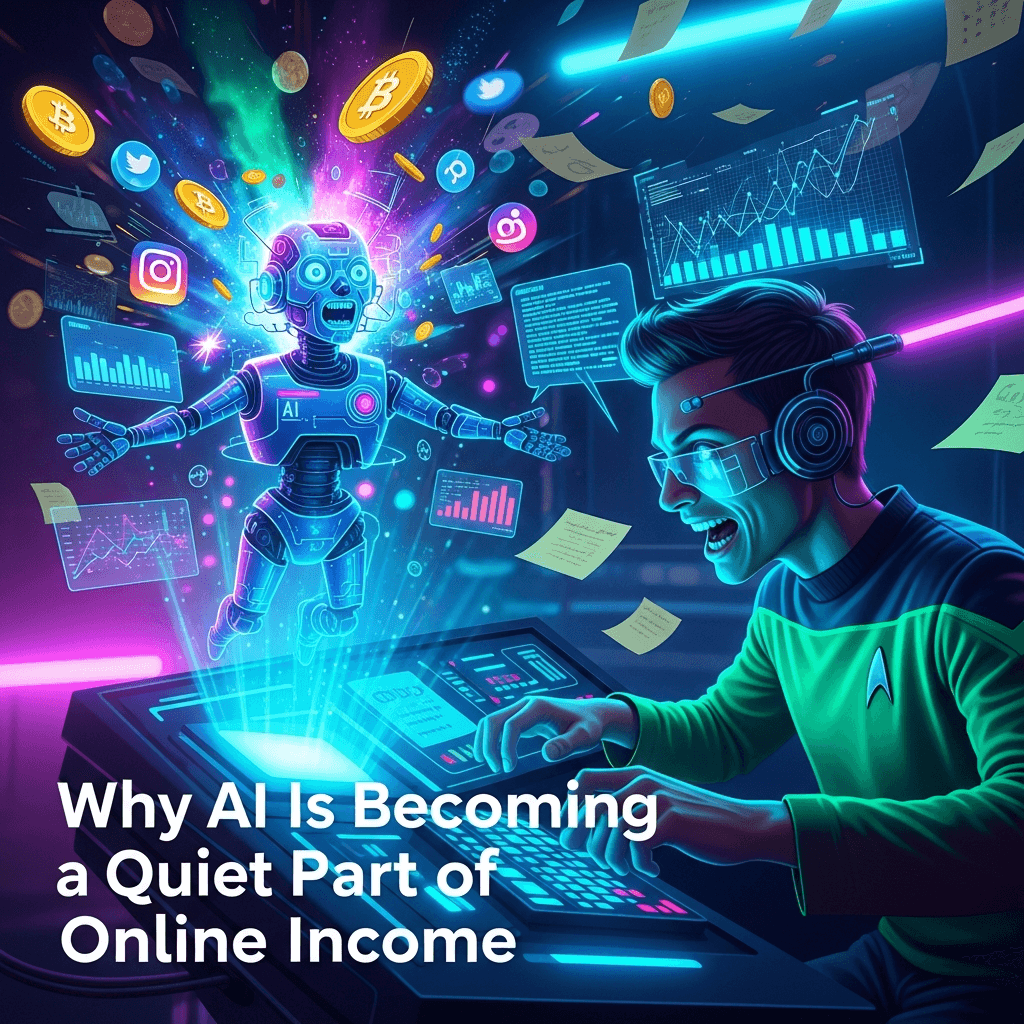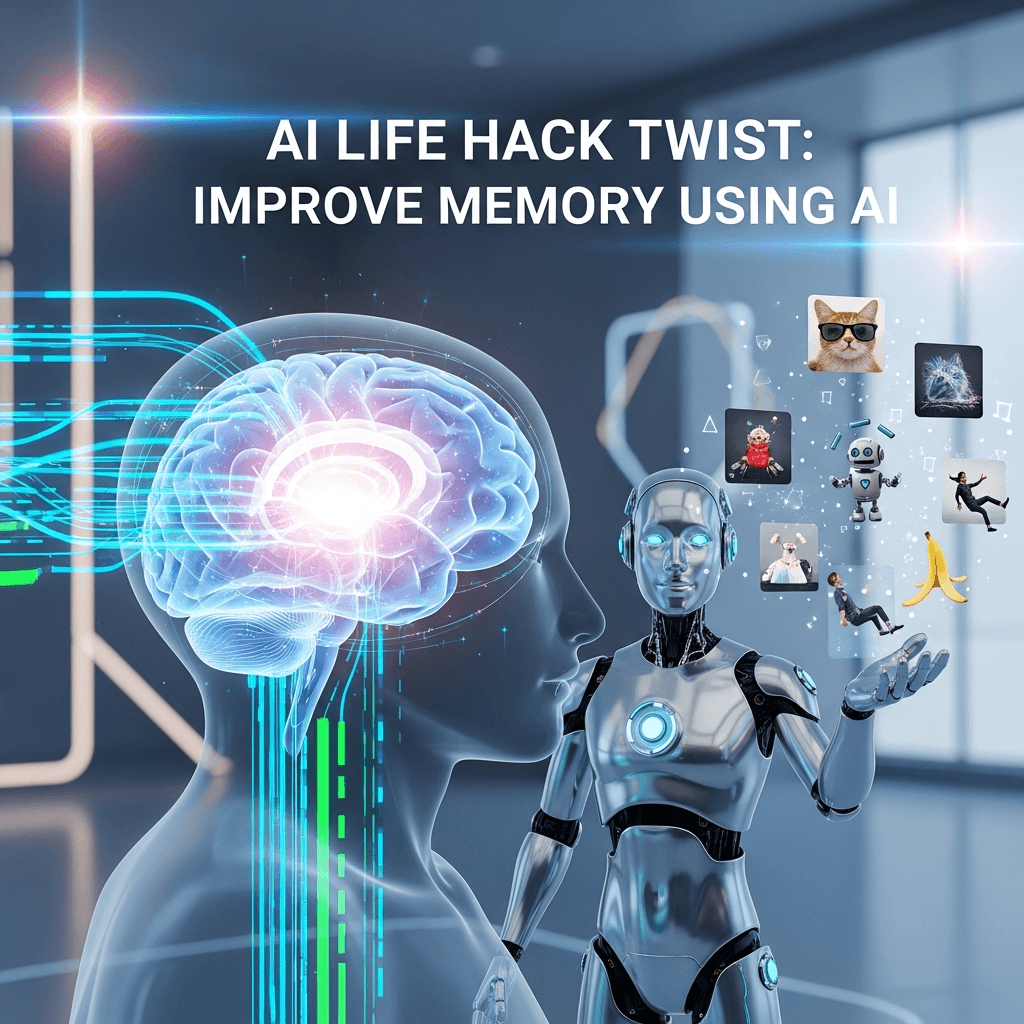AI chatbots are stepping into mental health, offering 24/7 “therapy” at the tap of a button. They promise comfort, guidance, and even friendship—but can an algorithm really understand human pain? As more people turn to AI for emotional support, experts warn of blurred lines, risks, and the dangers of replacing real human connection.
Introduction
Feeling down? Lonely? Anxious at 2 a.m.? There’s an app for that—and no, it’s not a hotline. It’s an AI chatbot that promises to listen, comfort you, and even give mental health advice. Sounds like a lifesaver… until you realize you’re basically spilling your soul to lines of code.
The Rise of AI Therapy
Mental health apps are booming.
- AI chatbots: Simulate conversations with empathy and encouragement.
- Mood trackers: AI spots patterns in your behavior and suggests coping strategies.
- Virtual companions: Some apps let you “build” a supportive friend who never leaves.
In theory, it’s affordable, always available, and stigma-free.
The Good Side of AI in Mental Health
- 24/7 access: No waiting weeks for an appointment.
- Low cost: Therapy is expensive; AI is cheap (sometimes free).
- Anonymity: Talking to an AI doesn’t feel as intimidating as a human.
For many people, these tools are the first step toward getting help.
Where It Gets Messy
Here’s the problem: AI isn’t human.
- It doesn’t actually understand emotions—it just predicts responses.
- Bad advice can slip through (and yes, it has happened).
- Confidentiality is murky. Your deepest secrets might be logged, stored, and used as “data.”
Imagine telling an AI you feel suicidal, and it responds with something cold, robotic, or even wrong. That’s not just a bug—it’s dangerous.
The Emotional Trap
Some people form real attachments to their AI companions. They lean on them like best friends or partners. But what happens when the app shuts down, changes, or starts charging money? Suddenly, someone’s lifeline gets ripped away.
The Bigger Question
Should machines be handling our mental health at all? Sure, AI can support—but can it replace human empathy, nuance, and care? Most experts say no. At best, AI should complement therapy, not become it.
How to Use AI Mental Health Apps Safely
- Treat them as tools, not therapists.
- Use them for support between sessions, not as replacements.
- Be mindful of data privacy—read the fine print.
- If things get serious, always reach for real help.
Bottom Line
AI can be a comforting companion, but let’s not kid ourselves: it’s not a human therapist. A shoulder to cry on should be real, not virtual. Because when life gets heavy, empathy isn’t just about words—it’s about being understood.


